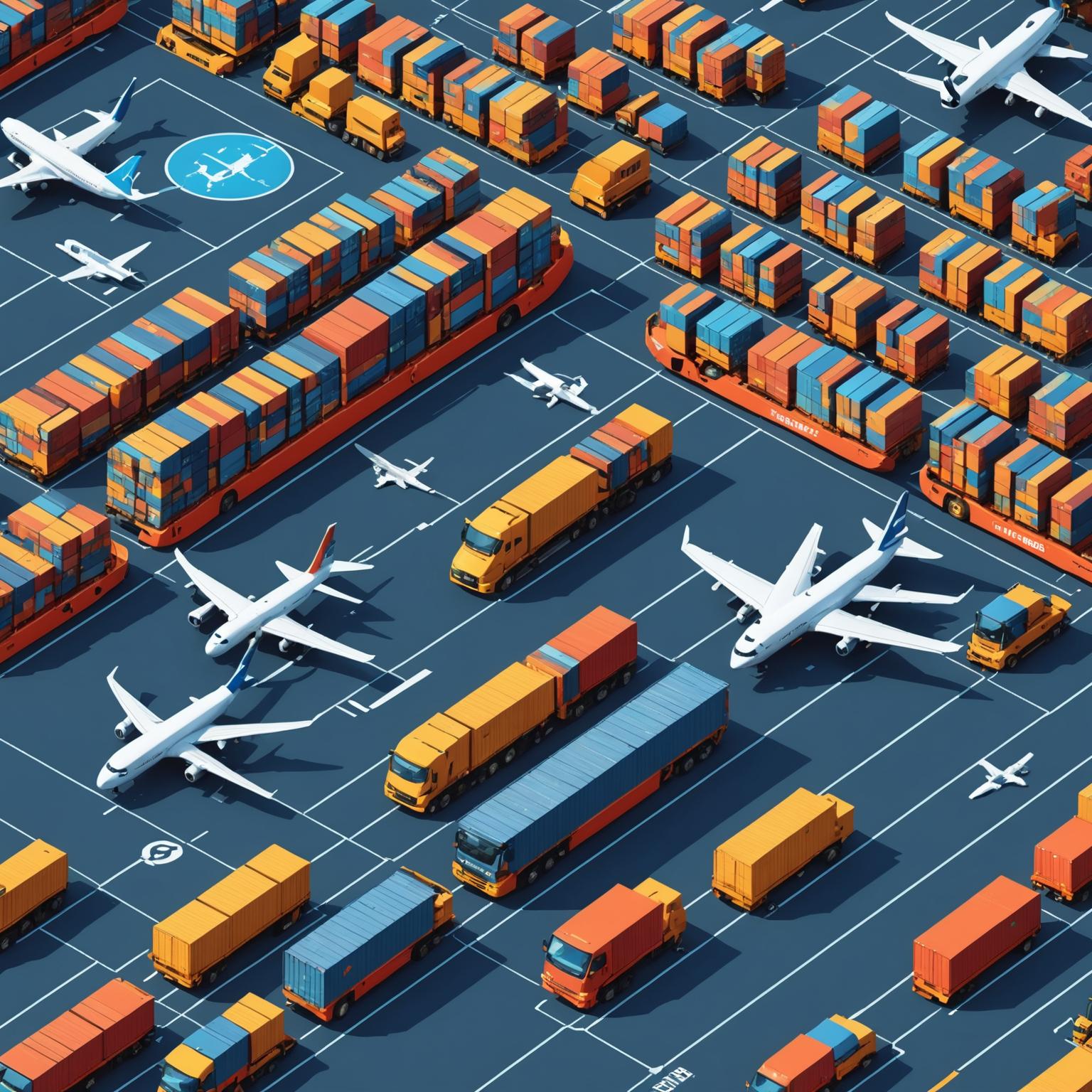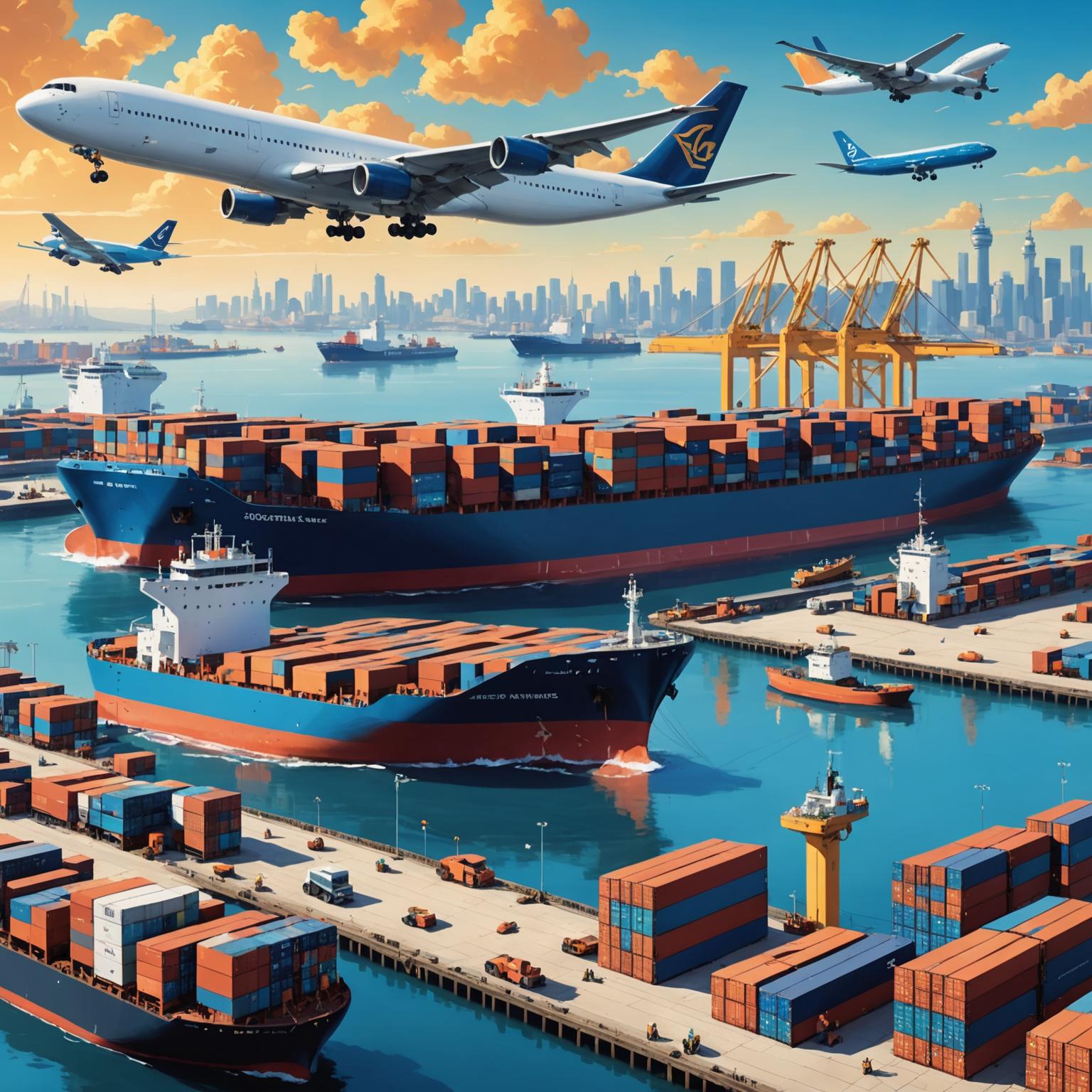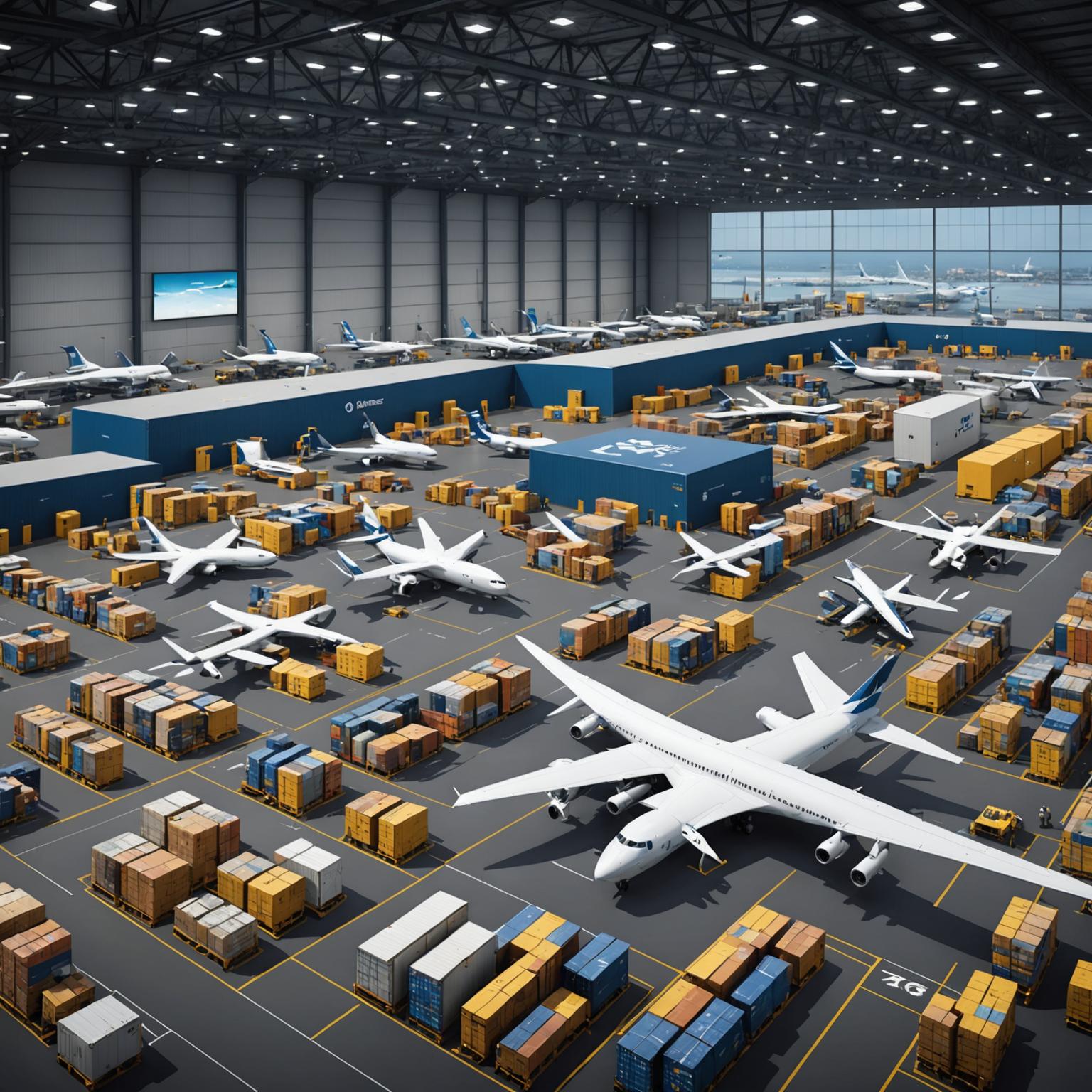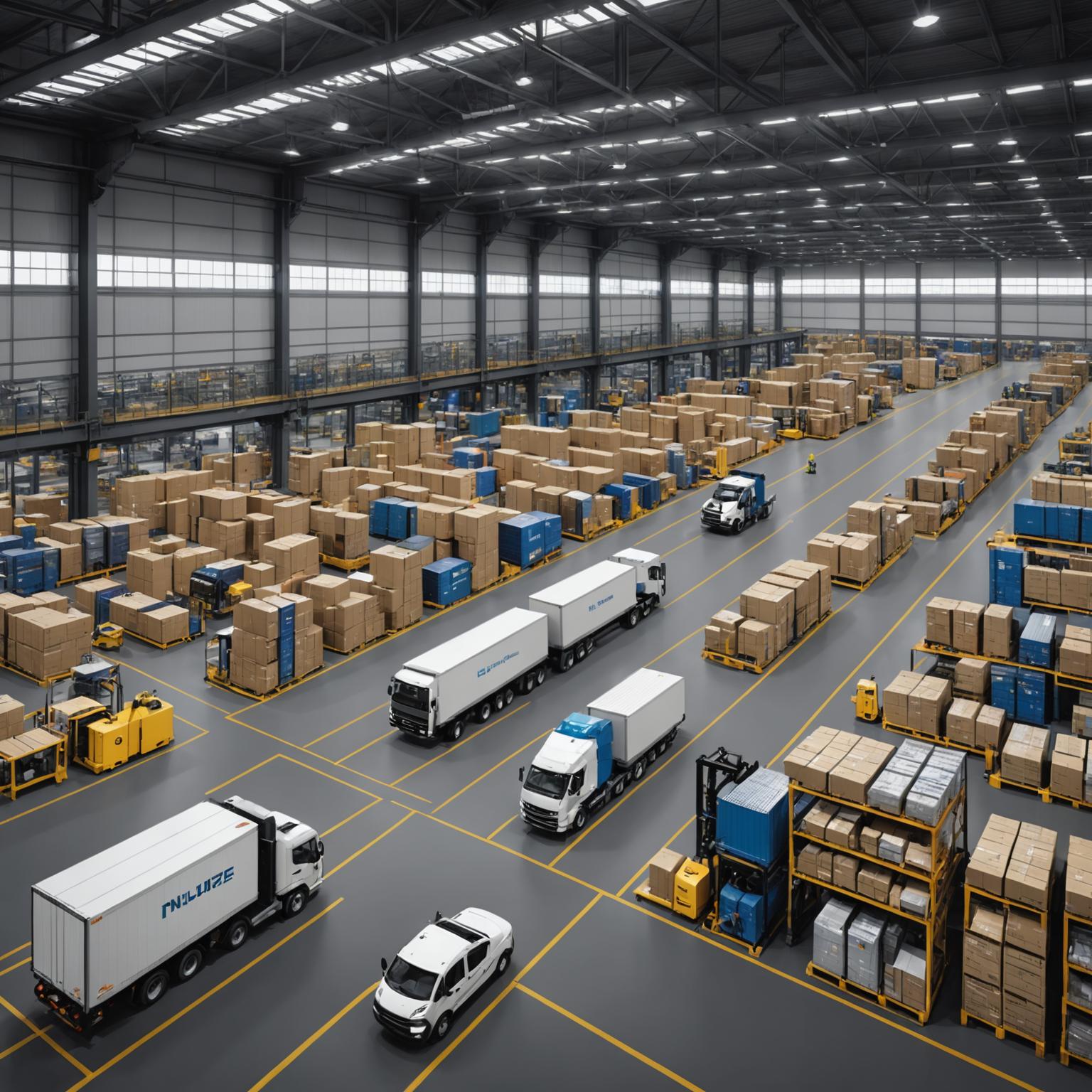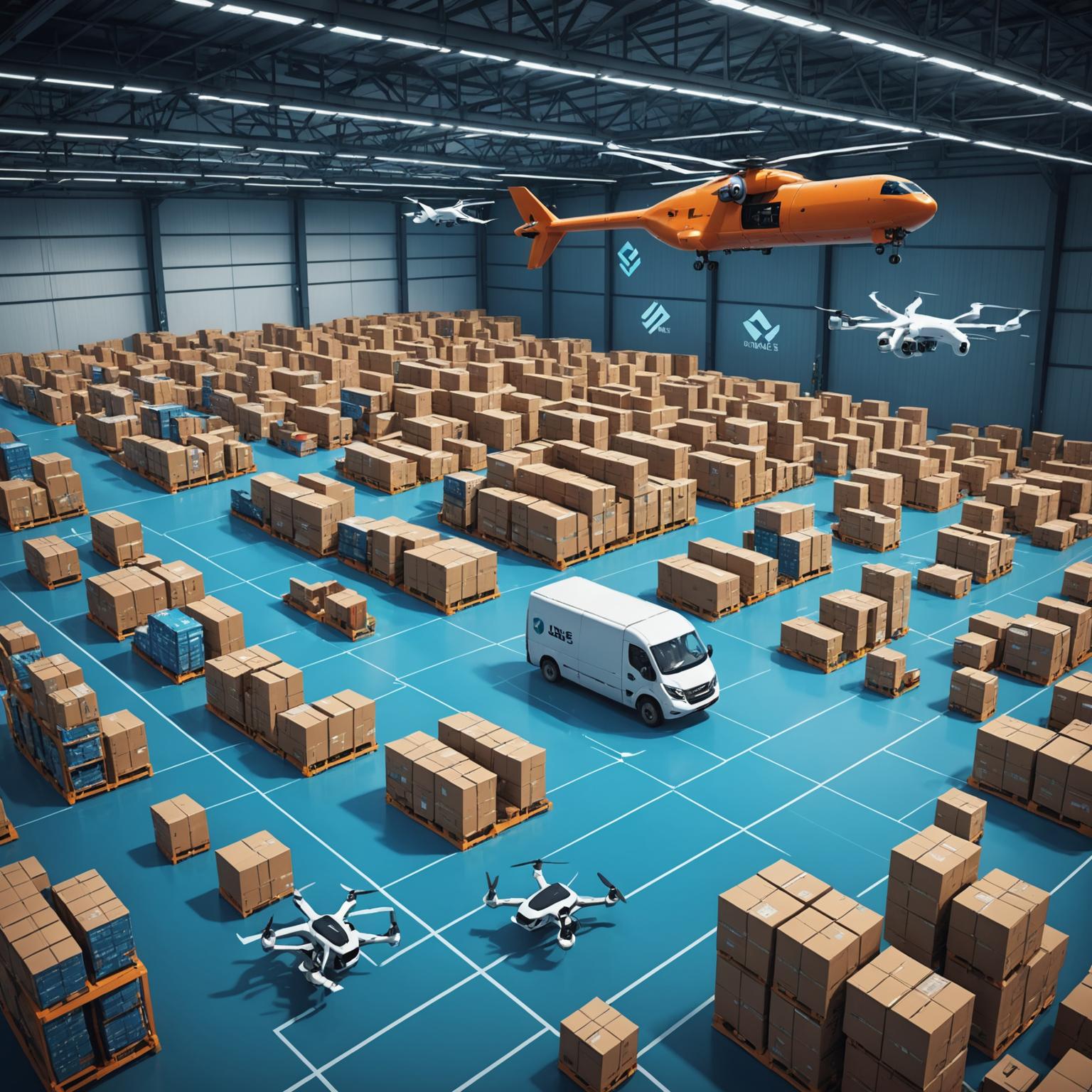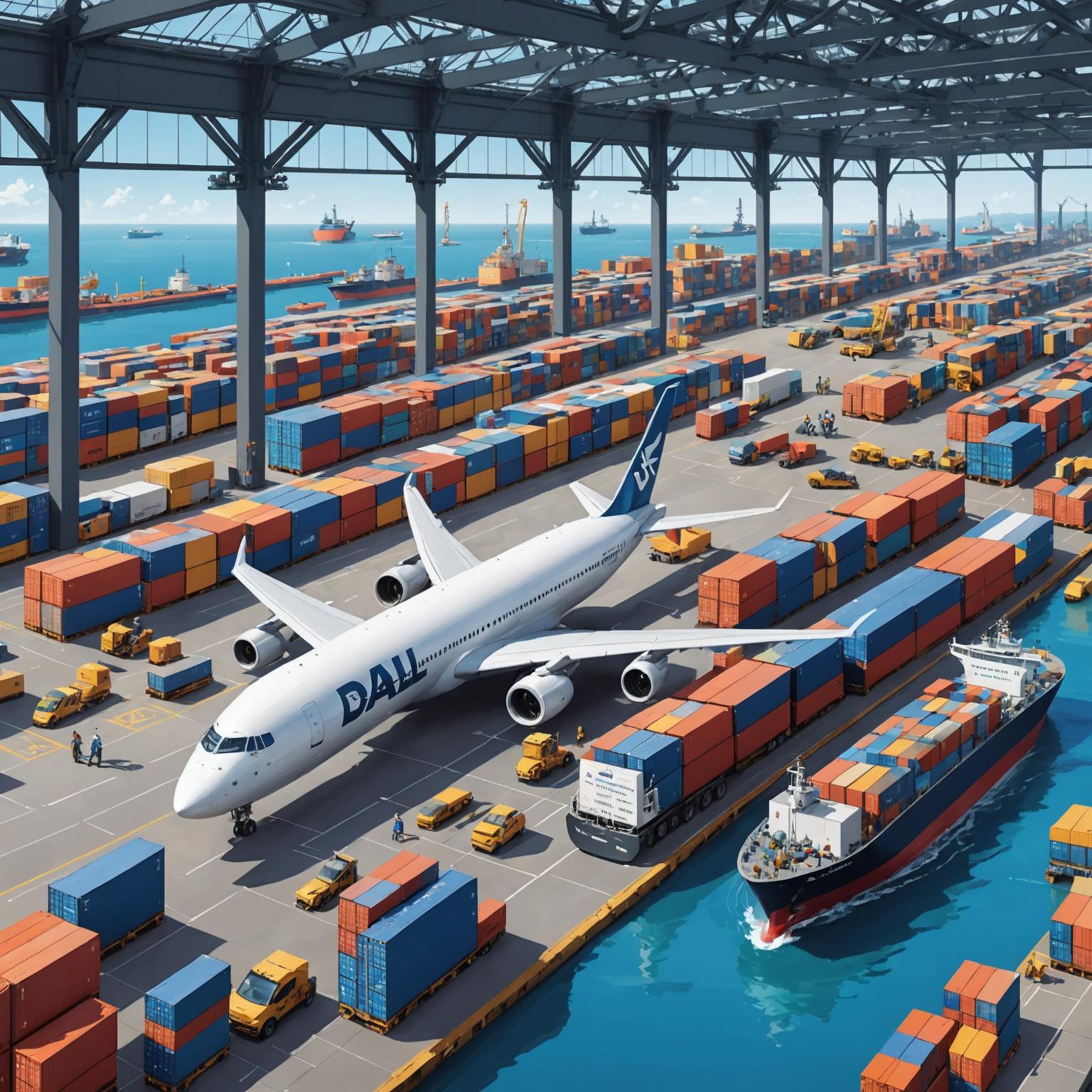The world of international logistics is undergoing a monumental transformation, moving far beyond simply transporting goods from one point to another. Today, success in this complex field is defined by the creation of intelligent, interconnected, and highly efficient supply chain ecosystems. Technology is the primary driver of this evolution, reshaping how products are stored, managed, and moved across the globe, ensuring speed, accuracy, and transparency at every step of the journey.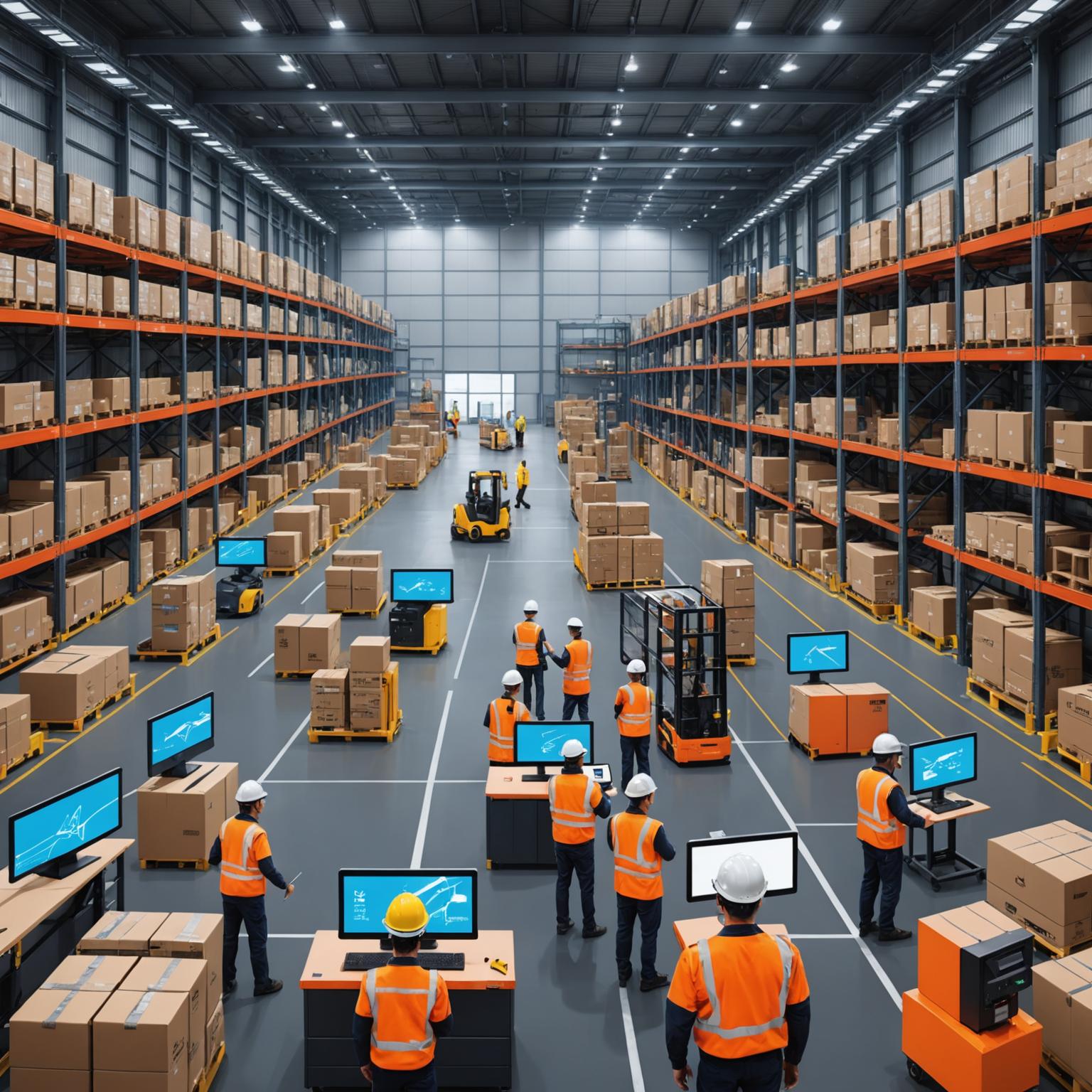
The Heart of Modern Logistics: The Smart Warehouse
A critical component in this modern system is the smart warehouse, which serves as the command center for inventory. The latest advancements include intelligent racking and inventory management systems integrated with IoT sensors that monitor stock levels and product placement in real time. This eliminates discrepancies and delays. Furthermore, workers are equipped with smart helmets that project augmented reality instructions and safety vests with integrated lighting, enhancing both productivity and safety. A centralized command hub, accessible via tablets, streamlines order fulfillment and analytics, creating a paperless and highly efficient environment. These automated hubs form the foundation of a reliable supply chain, ensuring goods are perfectly managed before they even begin their international journey.
Taking to the Skies: The Role of Air Transportation
For time-sensitive and high-value cargo, Air transportation remains the undisputed champion of speed. In the context of global commerce, it acts as the express lane, enabling businesses to meet urgent demands and tight deadlines. Whether it's for e-commerce deliveries that promise next-day arrival or critical machine parts needed to prevent a factory shutdown, air freight provides the velocity required in today's fast-paced market. Modern platforms integrate flight schedules and cargo capacity with ground operations to create a seamless transition from warehouse to aircraft, minimizing tarmac delays and maximizing efficiency.
Crossing Oceans: The Power of Sea Transportation
As the backbone of global trade, sea transportation offers unparalleled capacity and cost-effectiveness for bulk shipments and large-volume goods. It is the most economical method for moving raw materials, manufactured products, and oversized cargo across continents. The success of many industries hinges on the reliability and scale that only maritime shipping can provide. As a pillar of comprehensive Global logistics, modern sea transportation is enhanced with advanced tracking systems and optimized routing to reduce transit times and improve fuel efficiency, contributing to more sustainable supply chain practices.
Unifying the Chain: The Future of Global Logistics
The true power of modern international logistics is realized when these individual modes of transport are unified into a single, cohesive platform. An advanced multimodal logistics system integrates Air transportation, sea transportation, and land-based transit through AI and IoT technologies. This creates unmatched interconnectivity, allowing for the automatic optimization of routes to reduce costs and delivery times. With real-time monitoring enabled by smart sensors, businesses gain complete visibility into their shipments, whether they are in the air, on the water, or on the road. This integrated approach to Global logistics ensures scalability, reliability, and a rapid response to the ever-changing demands of the worldwide marketplace.

